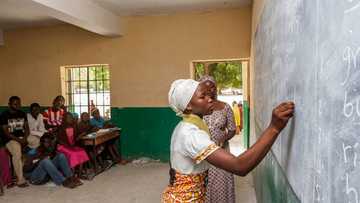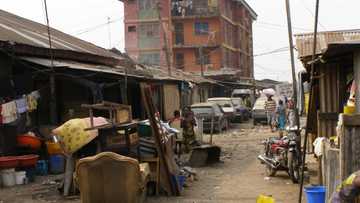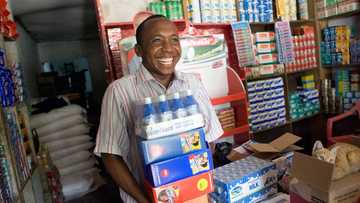Child labour in Nigeria: causes and consequences
Child labor in Nigeria is an evil that ruins Nigerian children’s health, intellectual development, and all chances of becoming educated. This problem involves children between 5 to 17 years old who are engaged in one form of labour or the other, during times when they are supposed to be in school or doing other other activities that are beneficial to their mental and physical well-being which is too hard for them: hunting, begging, transportation of heavy loads, etc. All this leads to very sad consequences for their health and future.
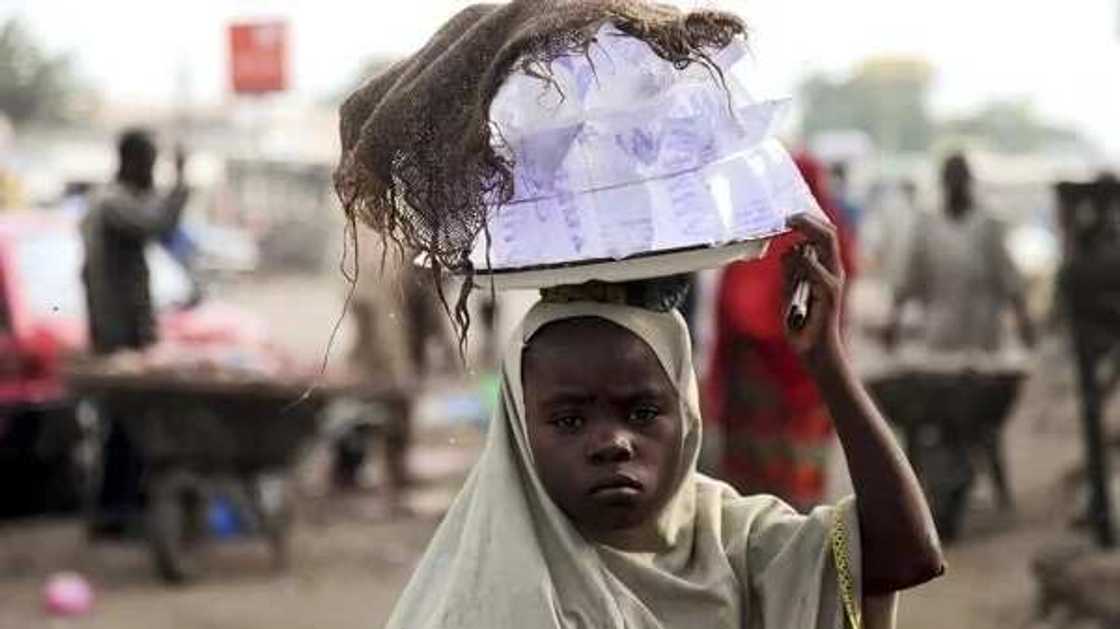
Child labor in Nigeria facts
It’s very sad to admit such things but in Nigeria, there are many children usually from age 5 to 17 who have to do the work that doesn’t match their age and physical abilities. They are forced to do it because of many reasons, still, the truth is in the fact that most of them have to work 12 to 15 hours a day in order to earn at least something. The money they get is scarcely enough for a dinner.

Read also
Coronavirus: Engaging activities you can do to avoid boredom following the stay at home order
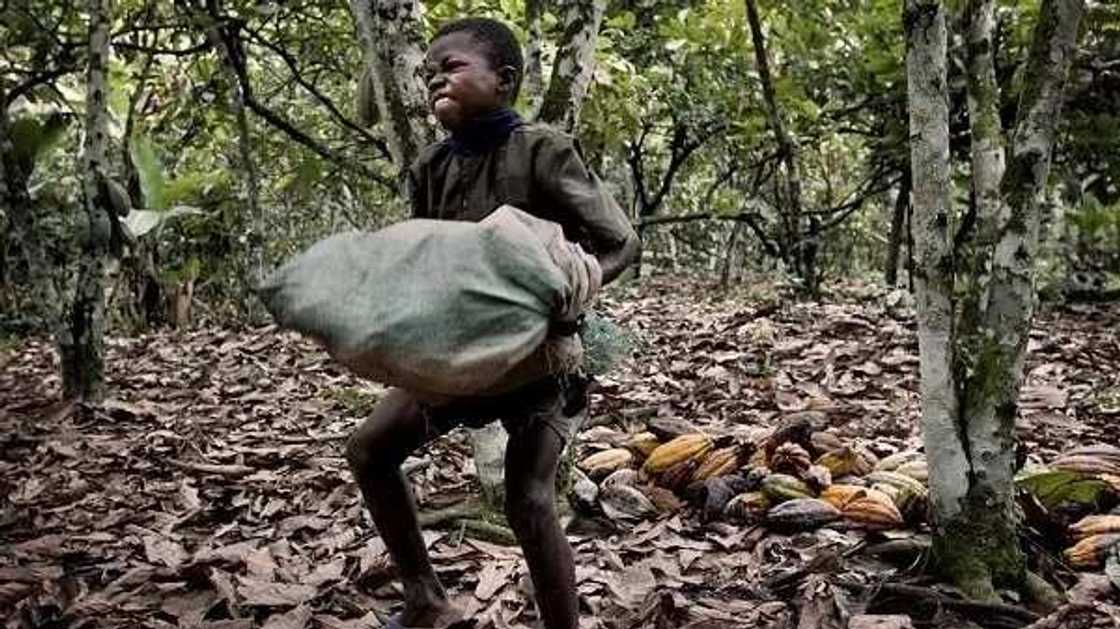
READ ALSO: Outrage as the HIV-positive girl is cleaning sewer with bare hands
The most dreadful fact about all this is that some children work so hard that they even die. It happens simply because nobody thinks that the work they do doesn’t match their health condition. The adults who surround these children see nothing bad in the fact that children have to work this hard, that they are forced to face the world of adults with all its hardships right now.
It’s a proved fact that children must not do any work that deprives them of educational, normal social, emotional, physical, and intellectual development. Child labour in Nigeria today means all jobs that children under 18 do for a certain payment, which cause a negative impact on the children’s health, educational development, and normal life.
Even though a specialized program has worked well enough and reduced the number of working children in 2013, the problem of child labour in Nigeria and its impact on the health and intellectual development of Nigerian children is still a big concern.
Child labour in Nigeria causes and consequences
There are many reasons why Nigerian children have to work. Let’s take a look at several of them now.
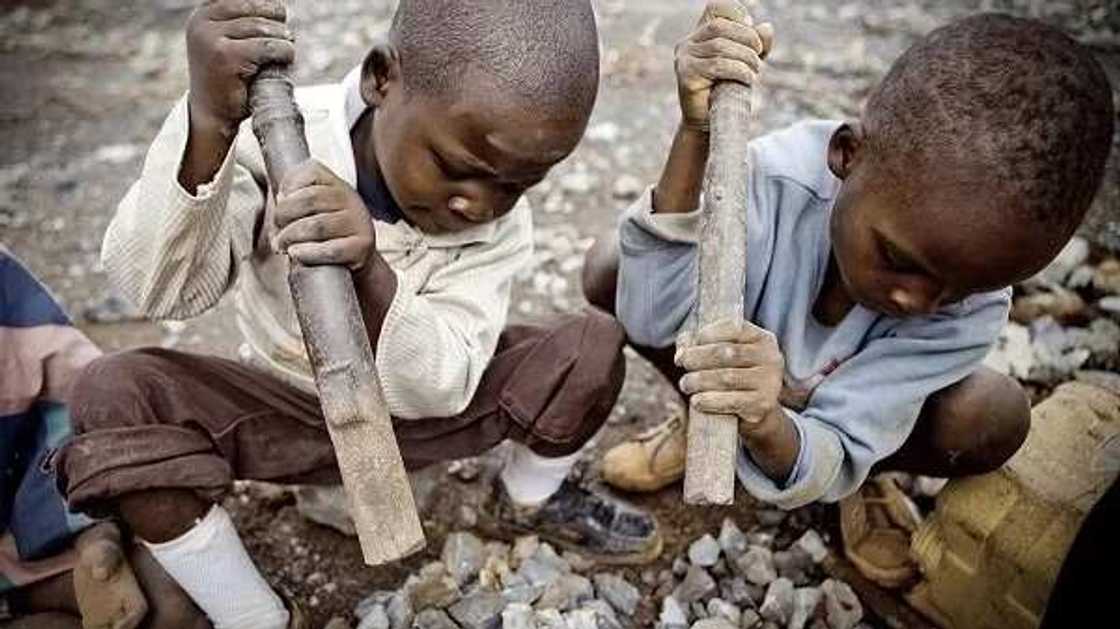
Poverty is one of the causes of child labor in Nigeria. For sure, the incredible number of working children is a result of the social and economic situation in the country.
Children in poor families are trapped in the bad conditions of living. They cannot visit schools because their families need every pair of working hands. Nobody thinks about the consequences the work will have on the child’s health and education
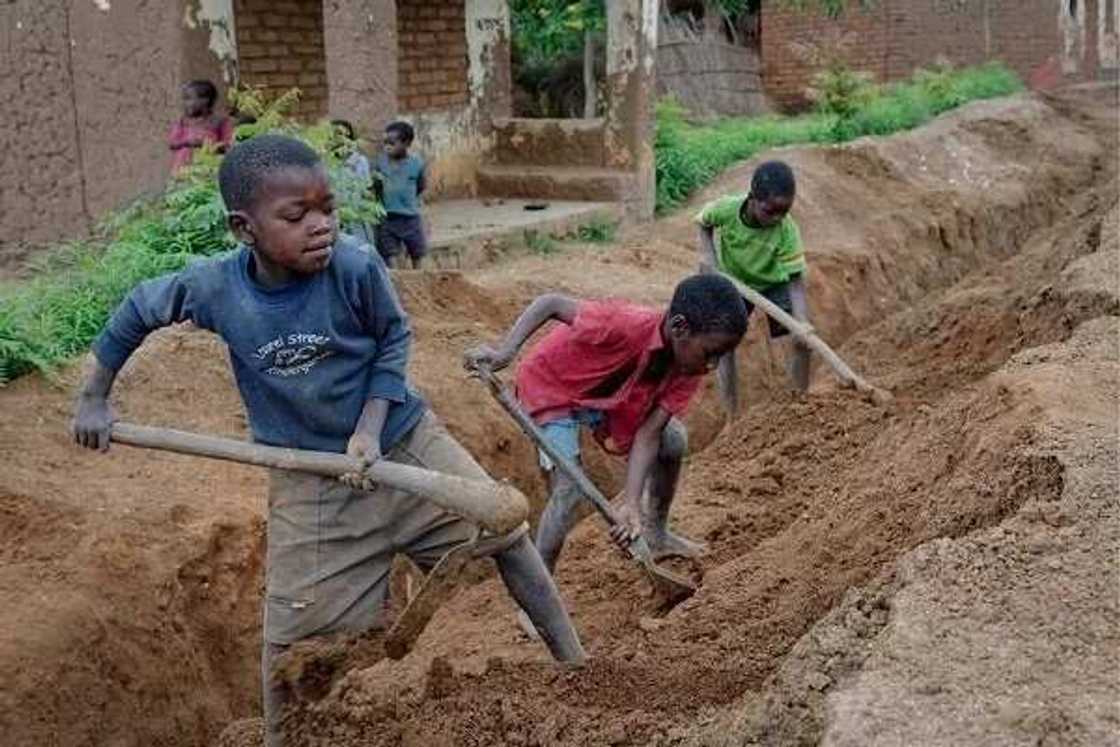
Another cause of child labour in Nigeria originates from the broken families. Many parents lose their faith in the marriage. They get divorced or break up and live separately but keep on dividing their scanty property or participate in other types of strife. All this distracts their attention from their children who are often neglected or even abused. Some orphan children have no other way out but start working because they have no other provision.
In some families, children are simply considered to be helpers sent to parents by God. It’s not hard to guess that such parents give birth to as many children as they can simply to have such “helpers” and don’t think much about these children’s needs. Such children often go hunting or begging and nobody even thinks about the dangers and health damage such can have on the children.
In large families where polygamy is normal and there are many children born by multiple wives, parents are simply not able to take care of all their children, so the children start taking care of themselves as they can. Sometimes, parents decide to send them away from their homes to work and live somewhere else. Most of these children experience emotional and physical abuse from their employers but nobody seems to really care because having fewer mouths to feed at home is a relief for their parents.
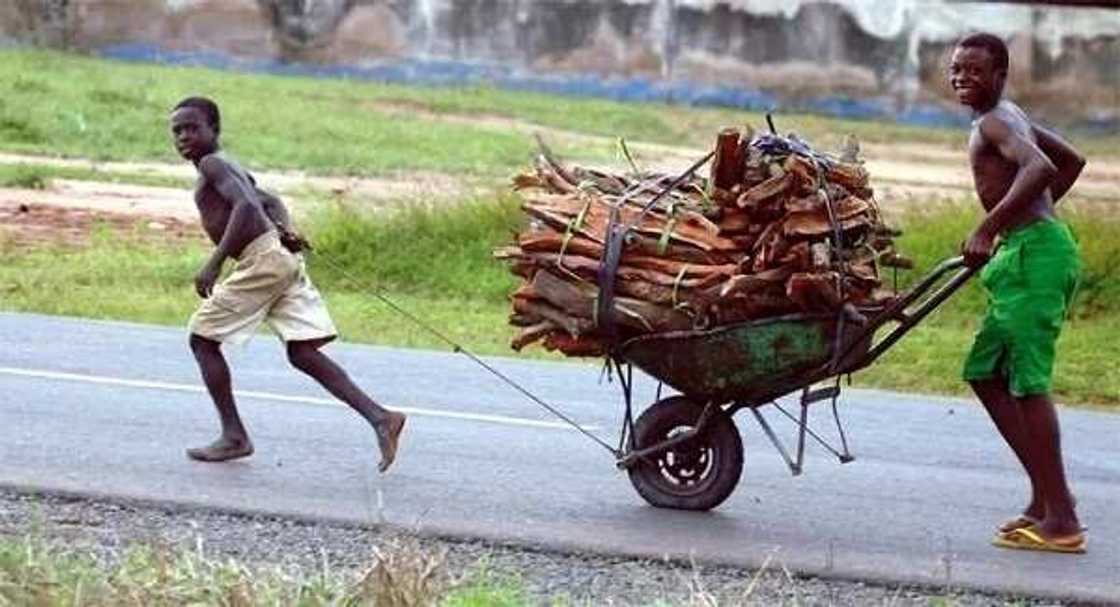
Having one’s children working as much as they can has been normal for the history of child labor in Nigeria. There have appeared several types of the most common child labour in Nigeria habits, every new one sadder than the previous. Let’s give attention to them and find out the consequences of such child labor.
- Hawking has always been one of the most popular ways for Nigerian children to earn money. Just like in old times, now children have to travel extremely long distances for their age (taking them about 12 to 14 hours a day) in order to find buyers for their goods. It’s a way to provide themselves, earn money for their families, or work for a person they live with away from their native homes.
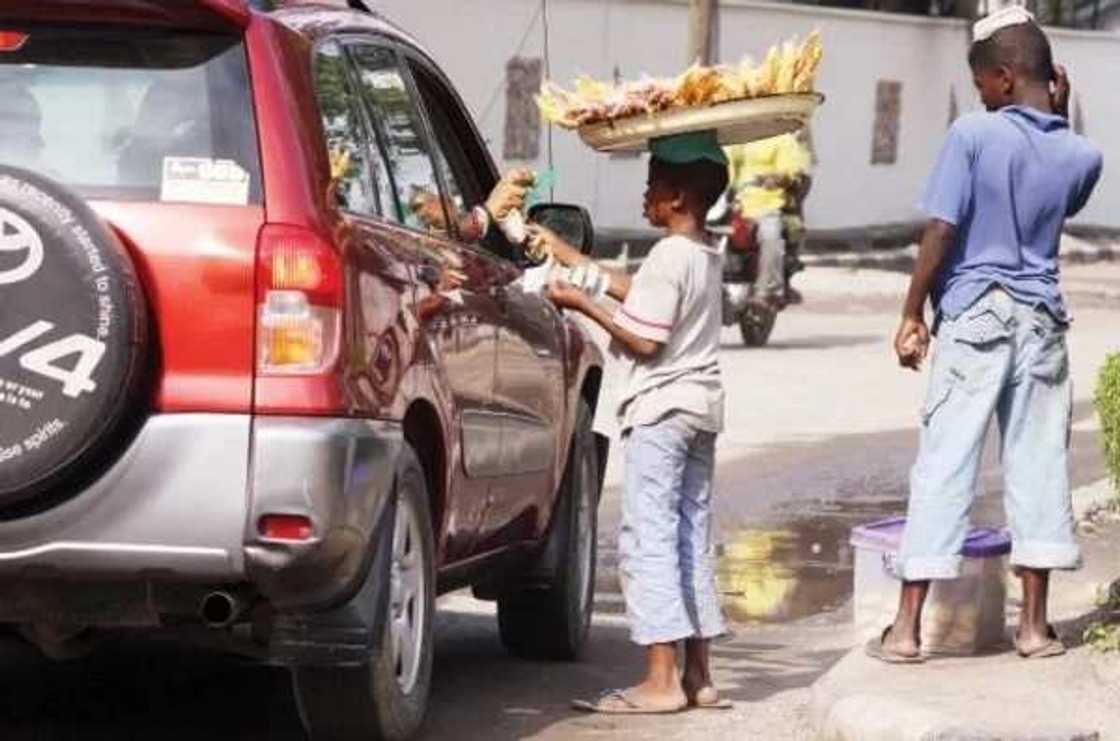
Hawking is incredibly tough for a child because of the awful distances the children have to walk every day and because of the load of goods they carry on their heads. Being exhausted, they don’t even have time and provision to regain strength. As a result of constant fatigue and stress, they usually suffer from the lack of attention and are involved in car accidents, often with a fatal end.
Child hawkers are often exposed to violence and sexual abuse, which may infect them with AIDS or other diseases. They are beaten, robbed, kidnapped, disciplined through malnutrition and so on.
- Begging is a consequence of poverty, one of the main causes of child labor in Nigeria. In Nigeria, children often have to beg in the streets pretending to be blind, disabled, suffering from dreadful illnesses, and so on.
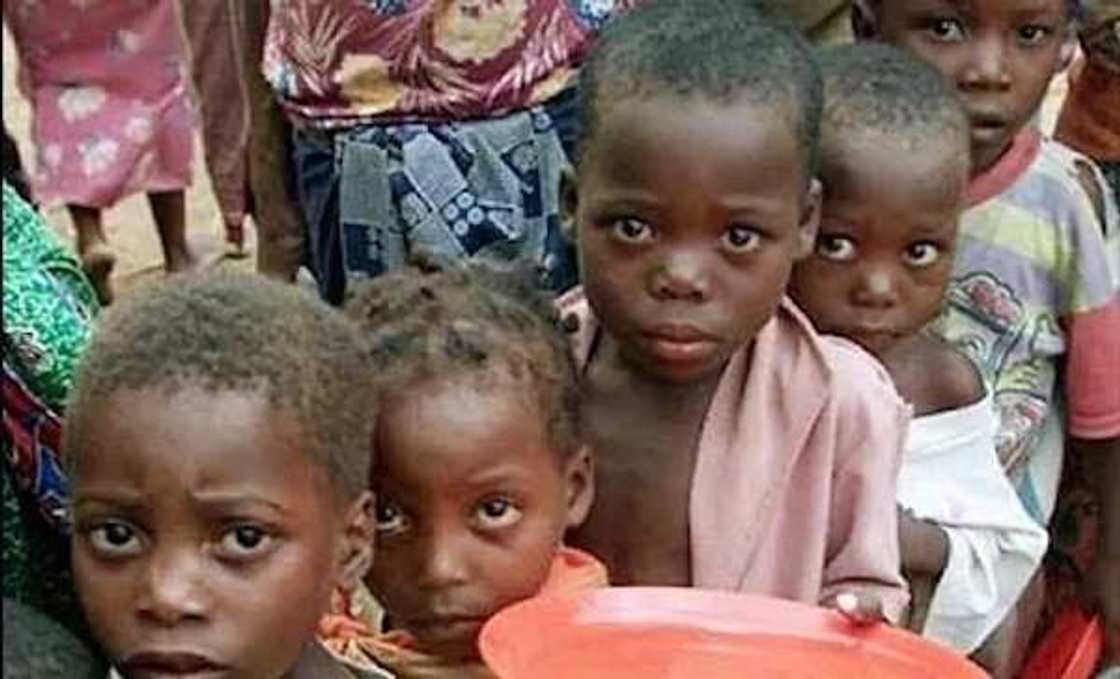
In northern regions, Muslim children who are sent from their homes to go to religious schools. Such children are kept in the most dreadful condition because most of them have no access to drinking water, cannot bathe or wash their hands. They suffer from infections and spread diseases.
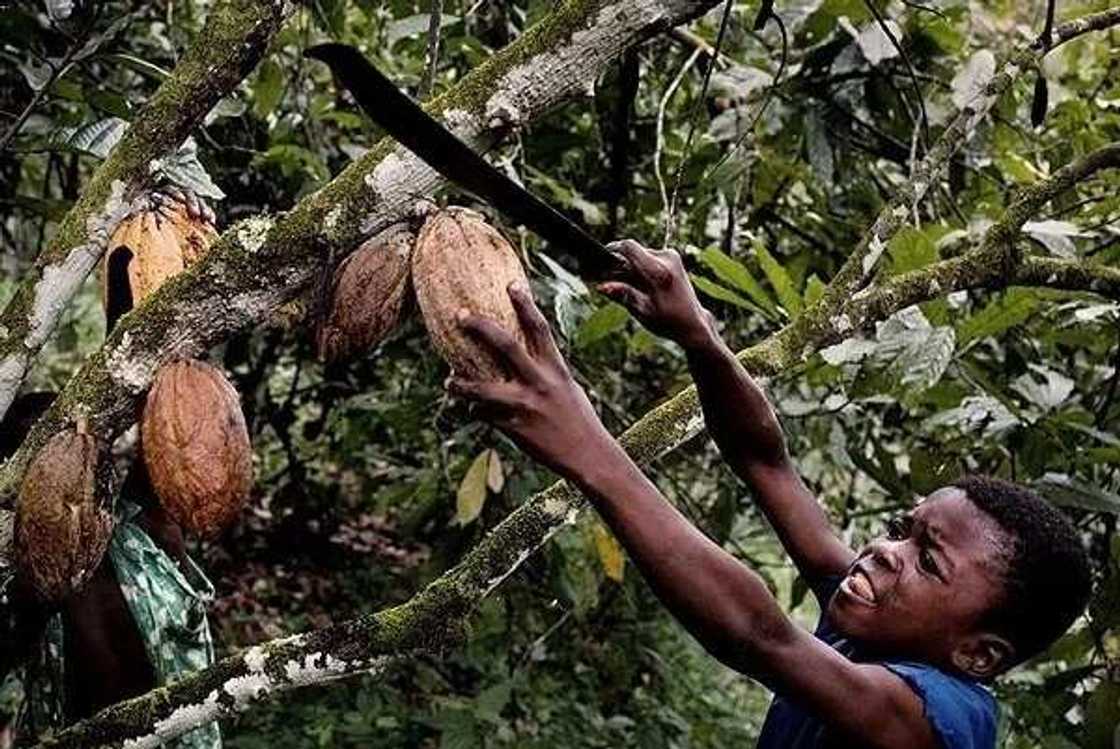
Child labour laws Nigeria
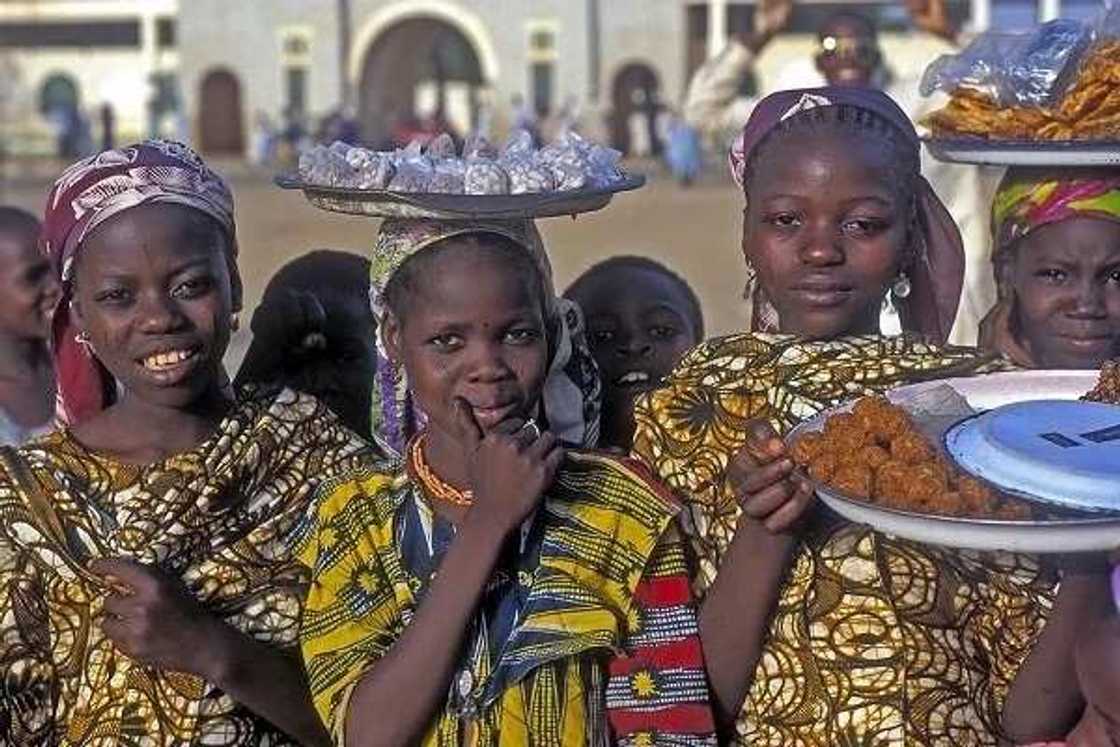
In 2003, the UNO provided a convention on the protection of the rights of children. The essence of the document was in forbidding children under 18 to do any jobs that could do harm to their physical and mental health, hurt them emotionally or prevent their education. Many countries of the world agreed that it was a great idea to fight child labor with the help of these regulations. Nigeria signed the document with all the other countries.
Since that time, the state has tried to regulate the situation with the child labor in the country but with little success. Even providing poor families with money so that they sent their children to schools gave only a little effect.
It’s also necessary to mention that out of the 36 states, only 24 have agreed to work on the problem and try to reduce the number of working children. The situation is still dramatic in northern regions of the country where child labor is wide spread accepted with less anxiety, and welcomed more than in all other parts of the country.
READ ALSO: What is the agency responsible for the protection of human rights?
Source: Legit.ng


